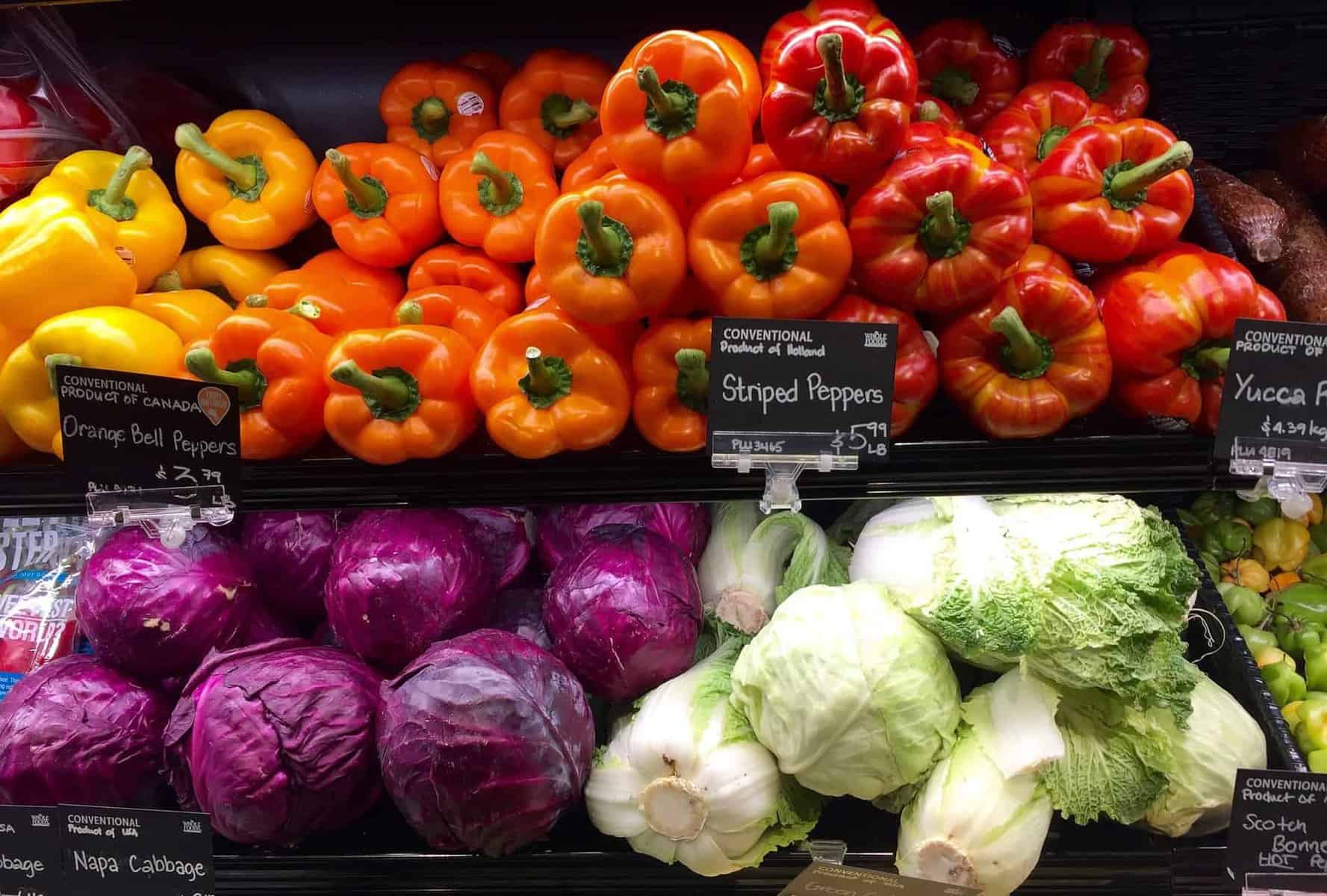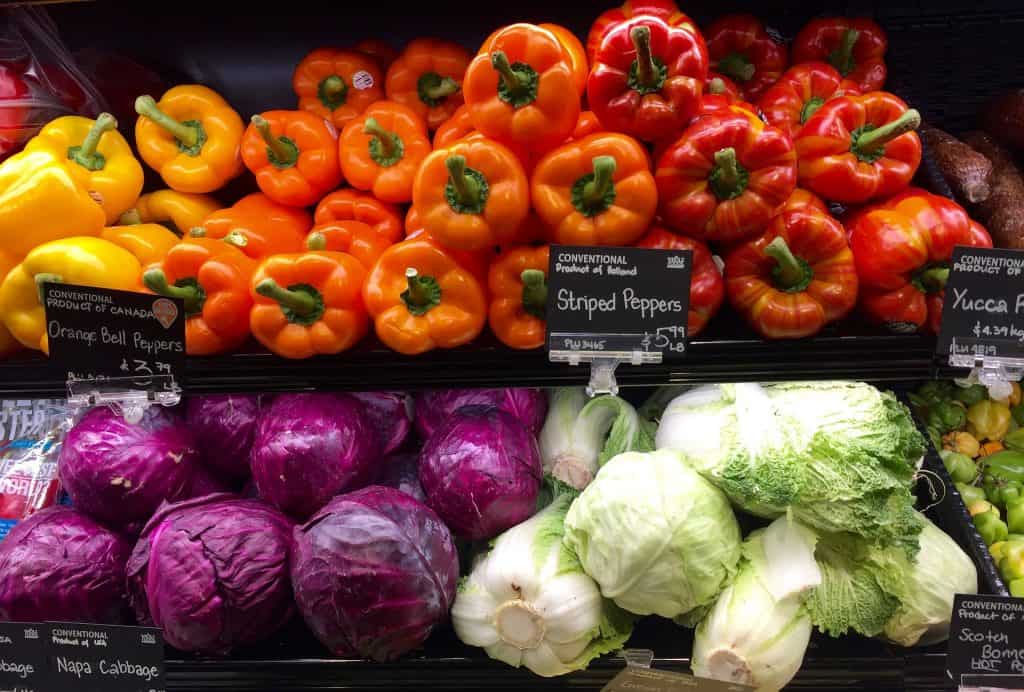With Brexit being the most talked about matter this year, it is easy to see why so many industries are concerned about what the future holds. With so much uncertainty and no one really knowing what is really going to happen, especially with markets like the food industry.
It has been said that food prices are likely to surge considerably when tariffs, estimated to be as high as 22% by the British Retail Consortium, come into force once the UK leaves the EU. Additionally, with the pound rising inflation, food prices are also on the rise.
Packaging
At the moment, much of the current legislation surrounding food labelling has come directly from the European Union. Additionally, some of the most important aspects of labelling like the ingredients list and nutrition claims are all a consequence of EU regulation.
However, there are certain British laws, such as the Food Safety Act 1990 which prevents packaging being misleading in any way.
The overall legislation is a mix of two ruling bodies together who decide the outcomes of legal cases on packaging from both UK and Europe. The separation of this legislation post-Brexit will be a complicated matter to negotiate in order to uphold standards across food packaging.
This will continue until Britain officially exits the EU, so it is important to consider what will become of the legislative process. Will the same law continue, or will new laws be drawn up?
Companies are searching to save money at the current time due to the pound falling, and are looking for new ways to save money. By investing in a shrink wrap machine, businesses who are in the food industry can become more efficient, as shrink wrap is a cost-effective packaging solution.
Now
We have already seen food packaging sizes being hit by Brexit, with brands finding other ways to counter the higher cost of manufacturing without passing this cost onto the consumer. These high processes have also led to some brands in dispute with retailers, and some are disappearing from online stores as well as from the shelf.
The food industry is being hit hard by the value of the pound, and there is a lot a speculation that the food industry is headed for disaster. However, a spokeswoman for the Department for Environment, Food and Rural Affairs said:
“Leaving the EU will provide our hugely successful food and drinks industry with new opportunities to expand and flourish.
“When we leave, we are determined to benefit from tariff-free trade for our goods that is as frictionless as possible.
“But we also want to provide stability for the sector when we leave the EU – which is why the Repeal Bill will make sure the laws and rules we have will, so far as possible, still apply and why our Agriculture Bill will make sure farmers can continue to compete domestically and on the global market.”
The Future
In the wake of Brexit, the likelihood is that the United Kingdom will implement the regulations as Statutory Instruments and make them legally binding outside of the UK. However, some regulations may not fall under this, making it possible for some regulations to accidentally be dropped completely following Brexit. For example, the UK has no equivalent legislation for protected geographical indicators or protected designation of origins of products. Consequently, it is possible products not originating from Champagne may be sold in the UK without originating from that area of France.
Packaging itself has changed dramatically over the last few years, and we will assume it will change even more due to Brexit. If you require any advice reading your packaging options, please do not hesitate to contact us.



